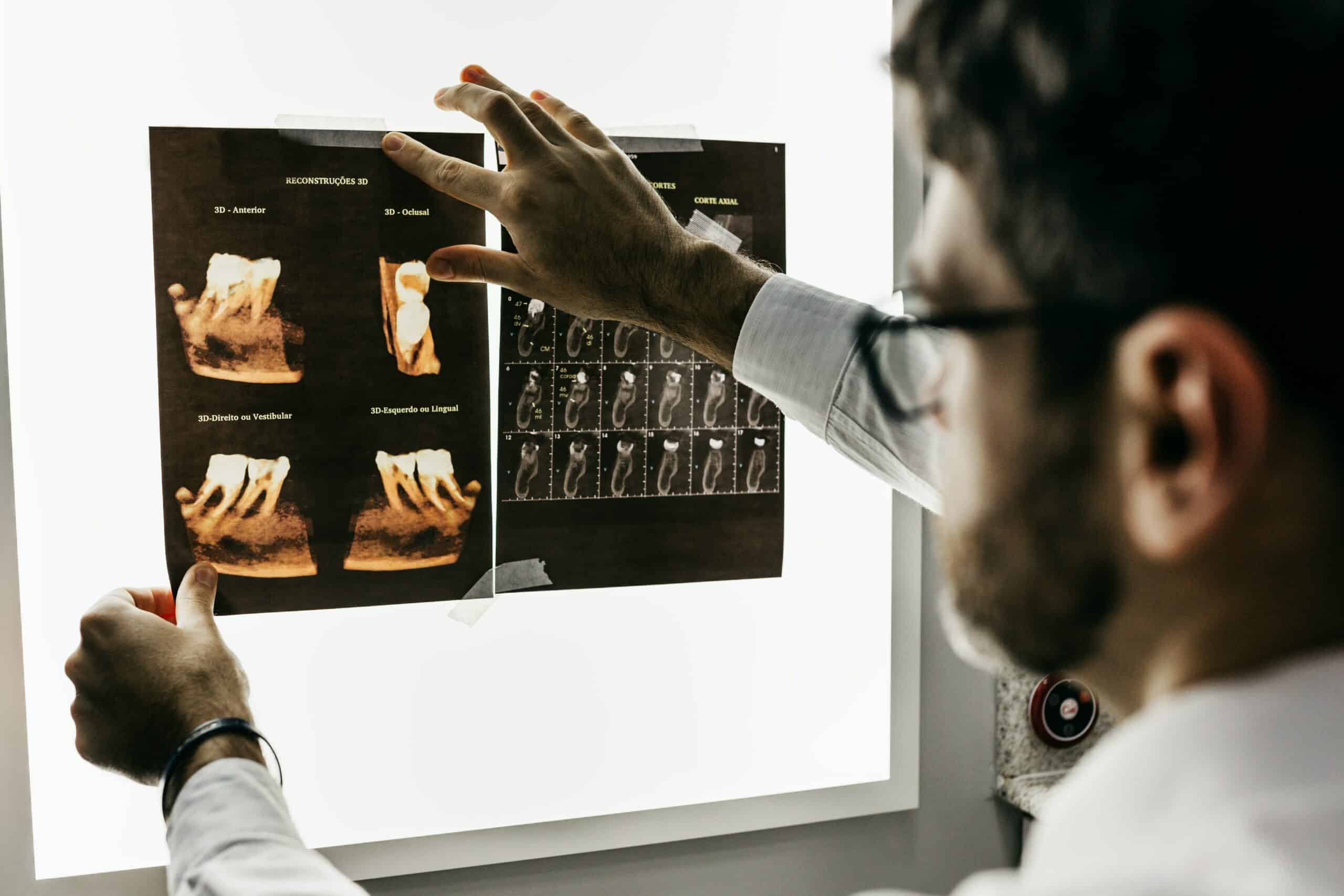Although tooth enamel is the hardest substance in the human body, it is not indestructible. Many people chip their teeth when biting into forks, olive pits or other hard textured foods.
Small chips create rough or sharp edges that irritate the tongue and cheek and may affect the appearance of your smile. Fortunately, your dentist can easily fix these minor chips with bonding.
Is it an emergency?
When a chip occurs, it can be a painful, stressful, and frustrating experience. But whether or not a chipped tooth is considered an emergency depends on its severity. Most chips can be fixed with fillings or bonding that cover the jagged edges. However, if the chip exposes the tooth nerve or pulp, then a root canal will be necessary. In addition, the dentist will most likely place a cap or veneer on the tooth to protect it.
It’s not always obvious how severe a chip is based on appearance alone, but you can get a good idea by looking at the color of the tooth fragment. If the fragment is white and only features enamel, then it’s a mild chip that probably won’t cause pain or sensitivity. However, if the fragment has two colors (white and yellow or darker brown), it’s more severe. This can cause sensitivity when chewing and may lead to a cracked or broken tooth.
If a tooth is very severely chipped, it’s best to call your dentist immediately for an appointment. In the meantime, rinse your mouth, find any pieces of the tooth, and stow them in milk or a saline solution to preserve them. Apply pressure with a piece of gauze to stop bleeding, and ice the area if you can’t see a dentist right away. You can also use a temporary store-bought product like dental cement to cover the chip until you see your dentist.
Do I need to see a dentist right away?
Tooth enamel may be the hardest substance in the human body, but it can still chip. While a tiny chip might not seem like a big deal, it’s important to see your dentist as soon as possible. This is because a chip can allow harmful bacteria to enter the tooth and cause decay, and it can leave the tooth more susceptible to further chips, cracks, or breaks.
In many cases, a chipped tooth can be repaired relatively easily in one office visit. If it’s a small chip that doesn’t involve the root or other sensitive parts of the tooth, your dentist can usually repair it using a procedure called bonding. This involves molding a composite material over the chipped area of your tooth to restore its appearance and function.
Deeper breaks might require a more extensive dental restoration such as a root canal or crown to protect the underlying tooth tissue from infection and prevent further damage. Some teeth with a large chip might even need to be completely removed and replaced with a dental implant or a bridge.
To help prevent future chipping, it’s best to practice good oral hygiene, and to brush and floss regularly. You should also avoid biting down on hard objects such as forks, olive pits, or crab legs. Finally, if you play sports that involve physical contact, you should always wear a mouthguard to protect your teeth from injury.
Can I fix it at home?
Tooth enamel may be the hardest substance in the body, but it’s not indestructible. Biting down on an ice cube or hard candy can chip teeth, as can playing contact sports or using your teeth to tear or pry something open. Even a small chip can lead to serious long-term dental problems if left untreated.
If the crack or chip is not too severe, your dentist can fix it with a filling or bonding to replace what was lost and improve its appearance. They might also reshape the tooth, which means filing it down and smoothing it, to make it look better. A larger chip may need to be repaired with a crown, which requires a second appointment.
In many cases, the dentist will first use X-rays to assess how bad the damage is. This helps them determine if the crack or chip extends down into the root and pulp of the tooth, which would require more extensive treatment.
Home remedies are not a good idea for a chipped tooth. Products like dental glue or emergency kits are temporary and can cause further damage by allowing bacteria to seep into the cracked area. Over-the-counter oral numbing gels can help to reduce pain and discomfort until you can get to your dentist’s office. You can also use over-the-counter ibuprofen to manage pain and inflammation, and avoid eating anything that is very hot or very cold, as these can increase tooth sensitivity.
What should I do if I can’t see a dentist right away?
The enamel that covers our teeth is the strongest and hardest substance in our bodies, but it’s not invincible. If you fall, receive a blow to the mouth, chew or bite on something extremely hard, or use your teeth to rip open packaging (which dentists tell us not to do) you could chip or break one of your teeth. Even if the damage is limited to the tooth’s enamel, it can lead to pain and other dental emergencies, so you need to seek treatment right away.
Depending on the severity of the chip, your dentist may be able to fix it quickly and easily. For a small chip that only affects the tooth’s enamel, they might be able to smooth it over through dental contouring. This is a common procedure that can help improve the look of your smile, but it’s not a permanent solution.
If the chip is larger and exposes dentin or the nerve of the tooth, your dentist might need to do a root canal and crown to protect it from infection and replace the damaged tooth. It’s important to see your dentist as soon as possible, but if you can’t do that, rinse the mouth area, press on any swelling or bleeding, and cover the tooth with dental cement (available at most drugstores) until you can get to a dentist.


